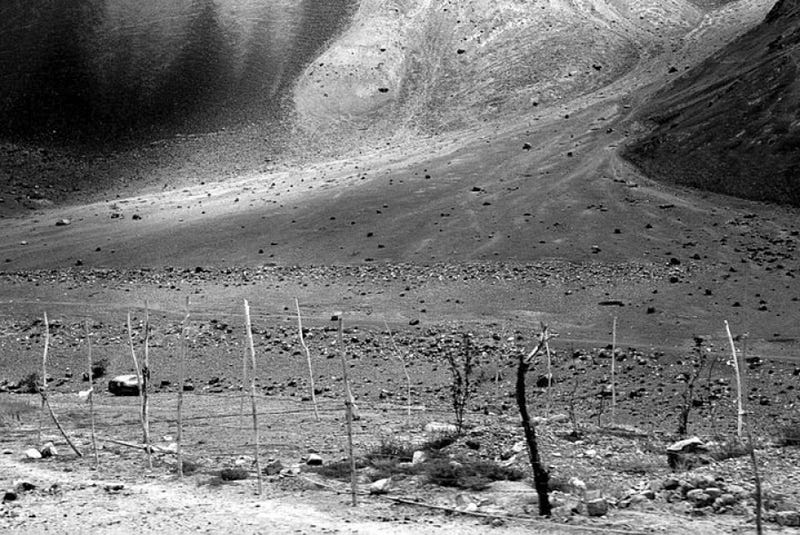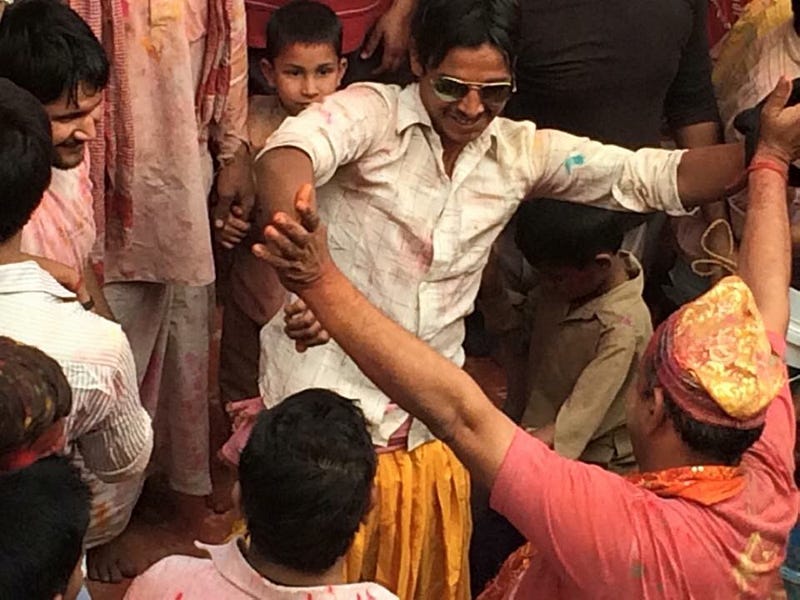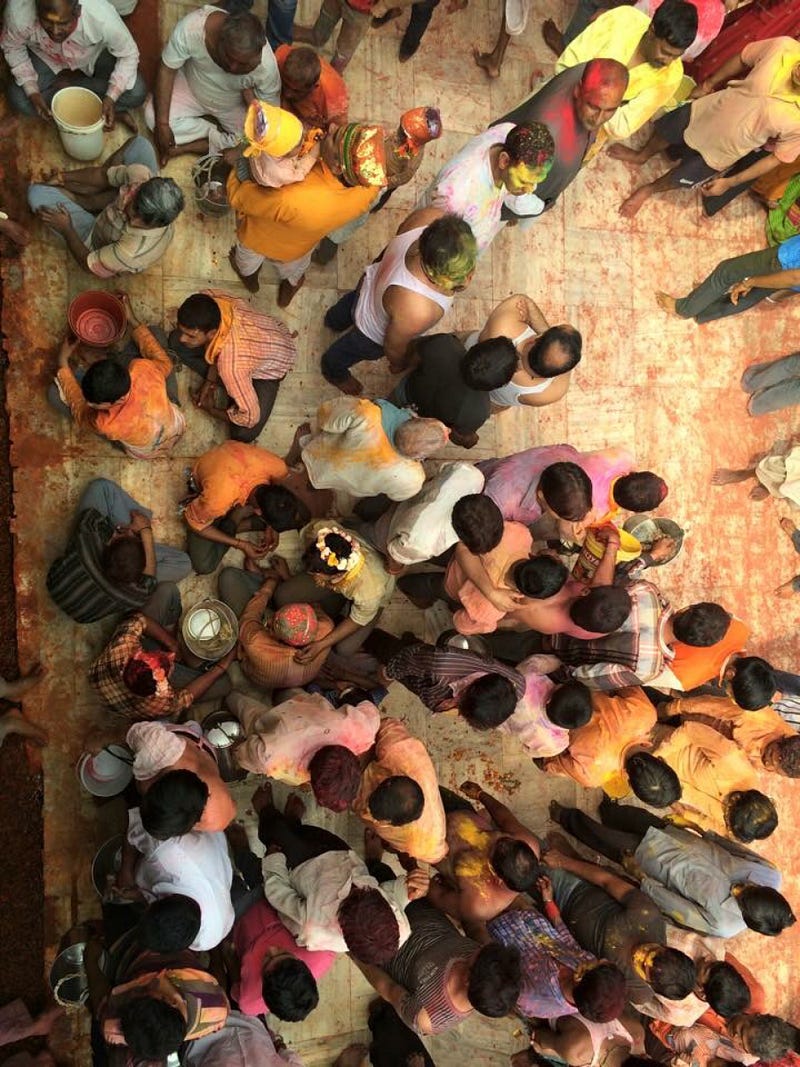The internet has over a billion people connected to it today. Engaging with it, driving it, learning from it, conducting commerce and relationships on it. Its easy to think of the internet as one common, global identity which lives on facebook, google and twitter but of course that’s not the case. There’s the commercial internet, the information internet, the science internet, the pornographic internet, the internet of cultures and sub-cultures, the dark internet and so many others.
I feel we are still in the early stages of the internet — relatively elite, billion users who like to believe that the internet has rules, where we know UPPER CASE is rude and we are easy with our digital slang. Its easy to think of the internet then as a relatively calm forum, some unruly elements here and there but overall a place that can be open and peaceful forever.
I think we are wrong.

The next billion users are going to be a mass billion, driving the shape and nature of the popular and mainstream information internet - facebook, twitter, youtube. As the internet connects to the hinterlands of the world, we are going to see another kind of billion connected and that billion is going to be crude, raw, earthy, passionate — creating a “mass internet” and bringing to our stark attention the kind of world we really live in. That our society is not the really just our friends and family but a mass of possibly illiberal, local views. The next version of the information and social internet is almost bound to be ugly, seeing that the mass of people especially in populous parts of the developing world are still very ethnic, deeply-rooted, conservative to a local identity and as such are vulnerable to a crisis of a local identity — a crisis of custom or community. Not that the rest of the world is immune from these crises but what’s different is the sheer number.


This internet is not really built for balanced debate and equivocal, nuanced views but is driven instead by sheer numbers, and this is getting hard to control and manage without regulation.
Before we had the internet, we had the press, and it was relatively simple for a mass leader’s voice to be amplified to many by controlling or managing few information sources. Media was used intelligently, articulately even by leaders good and bad. Some chose to shut it down and have a state-sponsored vacuum. It was possible.
Today, the forces between leaders and masses have equalized. It’s harder for public leaders and governments to manage information flow, avoid personal attack and rise above the debate. This is going to get much, much worse.
Is this necessarily good? or just plain bad? I can’t really say. All I know is that it’s unmanageable. Especially in populous, semi-literate countries, its easy to spark debate, rage and conflagrations over almost any kind of issue. The very power of the internet — its virality becomes its death. Governments routinely shut down cellular communications in areas with unrest. How long before we see almost daily unrest in various parts of the nation flaring up over the internet? Twitter and facebook are platforms that can topple governments today. How long before we start to see them being regulated? Or Banned.
I hope I am wrong but If I was a leader , even a liberal one - I would see no other way to govern a nation but to manage the internet. Shut down mainstream parts of it where people connect and can address each other without barrier — and keep alive only essential parts of the internet- the commerce, the research and so on.
We liberals will scream ourselves hoarse about rights of free speech and debate heatedly about how history has shown that muzzling of the people has never worked. How its important to let people speak freely to let a nation breathe. As the mass internet grows and we start to see the ugliness parade on all our popular feeds, I am afraid we will start to feel differently.
Sometimes its hard to remember there never has been an internet in our planet’s history. And I am beginning to think there will never be.